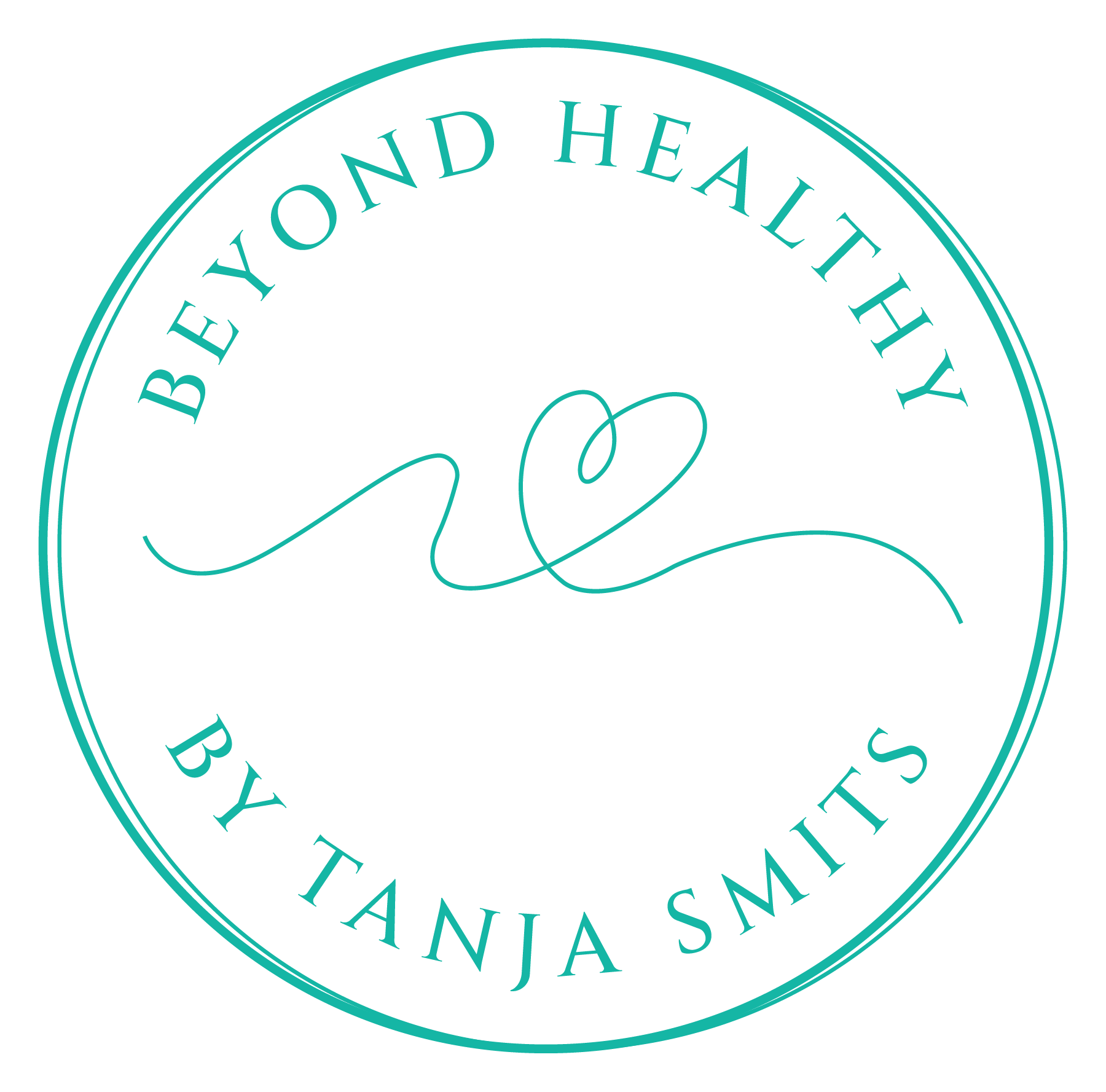Sleep is the most effective way the body has to heal itself, and it’s crucial for maintaining proper mental and physical health.
Did you know when it comes to achieving optimal health, sleep is just as important as diet and exercise?
Short-term consequences of sleep deficiency impact judgement, mood, ability to learn and retain information and may increase unhealthy food cravings. Chronic sleep deprivation can lead to more serious conditions such as obesity and diabetes as a result of the adverse effects on blood sugar.
The number of hours you should sleep depends on your age, sex, lifestyle, current health and simply how you feel. So it’s different for everyone, but usually between 7-9 hours of sleep (for adults) does the job.
Find hereby my most important tips to create a good Sleep Hygiene.
- Food and drinks

- avoid going to bed on a full or empty stomach
- stop eating and drinking 2-4 hours before bedtime
- alcohol might help you to fall asleep faster but eventually it will disrupt your sleep later in the night
- caffeine can keep you awake, reduce your intake and/or drink no later than 2pm
- drink your water in the first part of the day to avoid waking up for toilet visits
2. Maintain a consistent daily schedule

- the most restorative sleep window is typically between 10pm and 7am because your circadian rhythm is likely at its lowest point
- go to sleep and get up around the same time every day, even on weekends
- try going to sleep and waking up using your internal clock
- follow your sleep signals
3. Exercise

- regular exercise improves your quality of sleep
- vigorous exercise, right before bedtime, might amp you up
- relaxing and stretching exercise like restorative yoga, is a great way to wind down in the evening
- find out what works best for you
4. Stress, anxiety

- if you suffer from stress and/or anxiety, it’s highly likely you bring these feelings into the bedroom
- stress and/or anxiety can lead to overthinking and therefore can keep you awake till the wee hours
- when not properly dealt with, these can lead to insomnia
- do an evening meditation, start out with 10 minutes and use app to guide you if you are new to it
- put a notepad next to your bed and write down any thoughts and to-do’s for you to tackle tomorrow
- reflect on your day, write a few lines in your journal to jot down your thoughts
- make an evening playlist for you to relax 30mins before bedtime
5. Screens and devices

- scrolling through emails and messages can cause stress right before bedtime
- blue light is disruptive for our circadian rhythm and might be responsible for not feeling tired and/or staying awake longer then needed
- do not charge your devices next to your head, devices emit high levels of radiation especially when charging, which can cause disfunction or unbalance in your biological clock
6. Essential Oils for sleep

Essential oils can help promote relaxation and encourage a night of sound sleep.
Lavender oil is the most frequently used essential oils for sleep, and numerous studies have shown the use of lavender oil at bedtime can help improve sleep quality. Simply add a few drops to a cotton ball and take several deep inhalations. Place the scented cotton ball near your pillow.
Cedarwood oil has also been found to produce a sedative effect. Try adding a few drops to a diffuser in your bedroom for tranquil sleep.
A few drops of bergamot oil can be applied and massaged into the temples for a calming effect. This will help induce sleep when feeling anxious or stressed.
Chamomile, Ylang Ylang, and Sandalwood are additional oils to try. You can even create your very own unique scent by mixing any of these oils for a stronger effect. Adding a few drops to a warm bath can be very calming after a stressful day.
7. Create a bedtime routine – here is an example
Repeating the same series of habits and steps at night can help calm an overactive mind and help your body recognize that it’s time to sleep.
What you do for your bedtime routine is up to you, but here is an example for your inspiration:
8pm: Stop eating/drinking
9pm: Brush your teeth, take a bath or warm shower
9:30pm: Switch off electronic devices
9:30pm: Your bedtime routine:
- Diffuse Essential Oils in your bedroom
- Start your evening playlist
- Reflect on the day
- Write down tomorrow’s tasks
- Do a 10 minute breathing exercise
- Read a few pages of a book before going to sleep
10pm: Lights out
Do not copy/paste this example blindly, work with your own current habits and integrate a few new routines at a time. Don’t push habits that don’t feel right, do what works for you.
Whatever you include in your bedtime routine, keep it relaxing and calming and try to stick to your bedtime even on weekends.
Create a calming bedroom space as the body associates a lower temperature with a signal for sleeping, so adjust your room temperature a few degrees lower. Then, avoid overhead lights and opt for soft, yellow lamps and candles during nightfall instead.
If you tried these tips and you still have trouble falling asleep, staying alseep, or suffer from any type of sleep defiency, it’s important to talk to a specialist and delve into the root of the problem. Do not hesitate to reach out with me if you like to investigate the root of your sleep behaviour.
Warm regards,
Tanja



Recent Comments